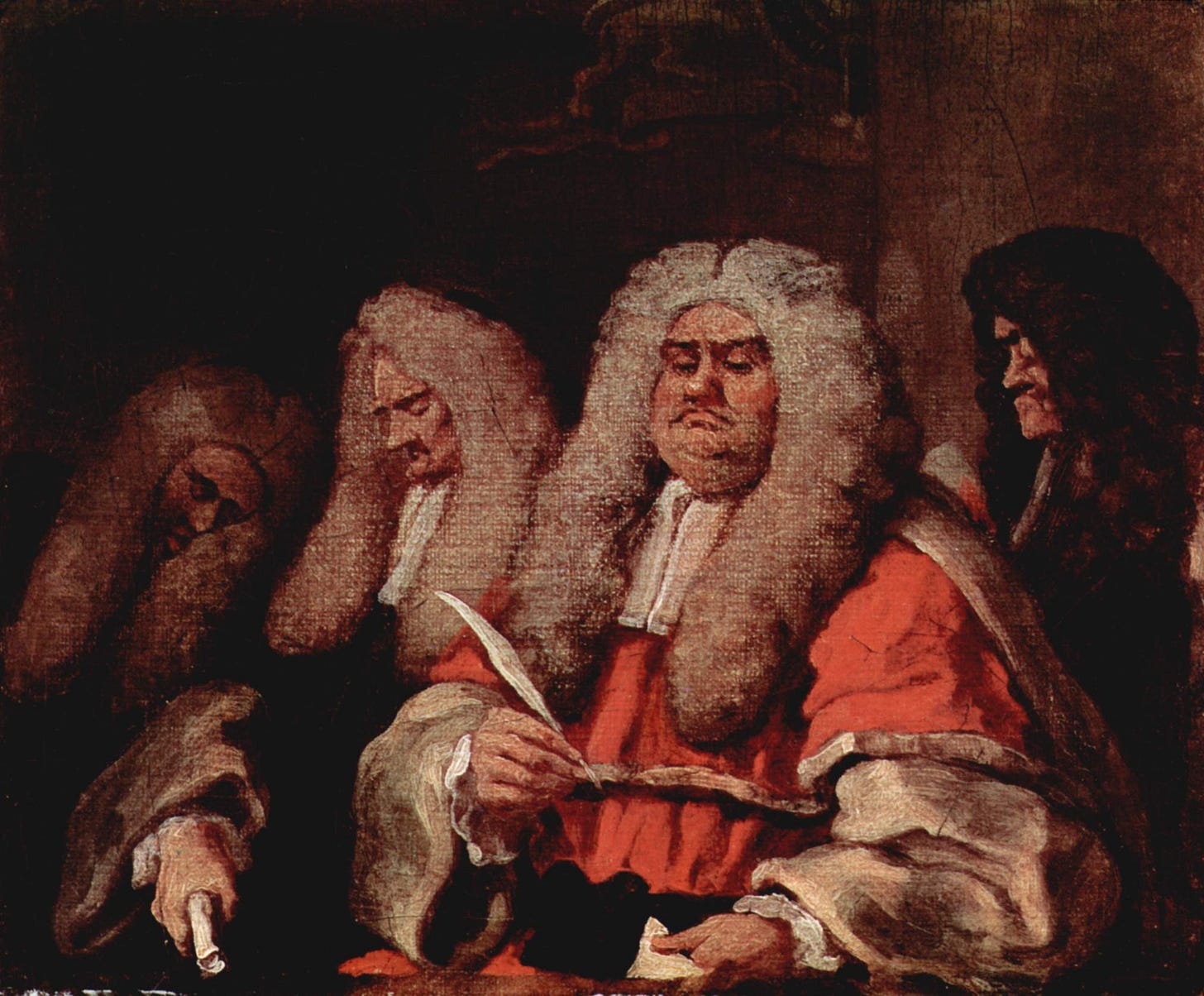The Holy Rollers and the Supreme Court
Plus the National - sorry - the NEW Conservatives
Up before the beaks
I had hardly heard of a body called ADF until I was doing some background research on the National Conservatives prior to their London conference. On the last day a session billed a speaker called Lois McLatchie to appear alongside such dim luminaries as Toby Young and Darren Grimes to deliver a talk entitled On Fighting Lost Causes. Her biography as provided by the organisers told us that Ms McLatchie was “a writer and spokesperson for ADF UK, a faith-based legal advocacy organisation that supports fundamental freedoms”.
Keep that description in mind for what follows.
So the week before last, among its pre-holiday deliberations, the US Supreme Court ruled in the matter of Lorie Smith versus the state of Colorado. By a majority of 6 to 3 (ie, all the “conservative” justices ruling one way and all the “liberal” ones the other) the Court found for Ms Smith having the right to discriminate against gay couples as customers for her putative website design business. I say “putative” because at the point when the case began, Ms Smith had not yet set up her business.
Ms Smith’s argument (or, rather, that of her lawyers) was that as a creative person in the same way as a writer or an artist, she enjoyed First Amendment rights of free expression and thus could not be compelled to give expression to something she did not believe – that gay couples could properly get married. Her reason for not accepting gay marriage as proper or equal and therefore for not being able to design web material celebrating a gay marriage, was given as her Christian faith.
There are all kinds of aspects to this ruling which are problematic and which the court majority seem not to have addressed. Why should conscience or “first amendment rights” be limited to Christians or people of religious faith? And why should they only apply to when people object to working on behalf of gay couples? Why might not a KKK web designer refuse to do work for Black people or mixed-race couples on the same grounds of freedom of (non) expression? Or an Islamist web designer for bar-mitzvahs? The justices didn’t say.
Immediately, however, my flawed internal lawyer wondered at how this had come to court at all. In the first place, Ms Smith had not even started up her business before the case began seven years ago, so no one had had a chance to infringe her rights. In the second place there was only one brief mention in the Supreme Court’s deliberations of anyone even proposing to ask her to work on a gay marriage. So a non-web designer had managed to spend a fortune (and incur the expenditure others of a fortune) to pre-empt a problem she might well never have had.



